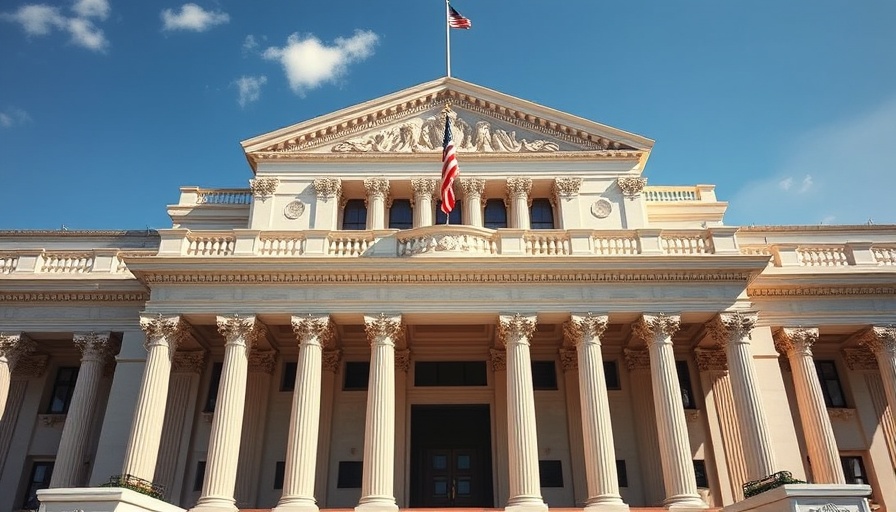
Trump's Controversial Clemency Decision: The Impacts and Insights
Former President Donald Trump recently took the notable step of granting clemency to 26 individuals, among them a former gang leader, raising eyebrows and igniting discussions about justice, criminal reform, and executive power. This act of clemency underscores a complex narrative entwined with themes of rehabilitation and public safety, reflecting a significant intersection of policy and personal stories that are relevant to the American public.
Historical Context: Understanding Clemency
Clemency, or the act of reducing a punishment or granting relief from an undesirable situation, has long been a powerful tool in the hands of U.S. presidents. Historically, this power has been used to correct injustices, demonstrate mercy, and address the ramifications of inflexible laws. For instance, President Barack Obama emphasized sentencing reform and pardoned many non-violent drug offenders. Trump's recent decisions can be viewed as a counter-narrative, showcasing how clemency can also reflect a push for leniency for those connected to serious crimes.
The Emotional and Human Interest Angle
Among those granted clemency was a former gang leader. Such a decision might evoke mixed emotions from the public. For some, it may stir hope that rehabilitation is possible, and that individuals can re-enter society as contributing members. Others may see this as an undermining of law enforcement efforts, particularly in communities heavily impacted by gang violence. The emotional ramifications of Trump's actions are tied to larger questions about crime, punishment, and the belief in second chances.
Relevance to Current Events: The Broader Implications
Trump's decision comes at a time when the U.S. justice system is under scrutiny for its allegedly harsh and disproportionate sentencing practices. The discourse surrounding systemic racism, police reform, and mass incarceration is more relevant than ever. By choosing to grant clemency, Trump presents an opportunity to rethink policy and encourage discussions around criminal justice reform, which resonate deeply across diverse communities.
Counterarguments: A Divided Perspective
Critics of Trump’s clemency decisions argue that such moves can undermine public safety and signal a permissive stance towards serious crimes. Supporters, however, maintain that showing mercy could help individuals rebuild their lives and support their families. The divide here exemplifies a significant tension in contemporary American society between punitive approaches to crime and advocates of transformative justice.
Practical Insights: What This Means for Americans
Americans need to engage with the implications of clemency and criminal justice reform. While some may view Trump's actions merely as political maneuvering, there are broader questions about how society can balance justice with compassion. Learning more about our justice system's inner workings and historical precedents can empower citizens to advocate for change effectively.
Future Trends in Clemency and Criminal Justice
Going forward, it is likely that discussions surrounding executive clemency will become increasingly prevalent. Policymakers, activists, and citizens alike must keep abreast of how these decisions impact social justice. As the conversation progresses, new policies may emerge that prioritize rehabilitation over punishment, reflecting a significant shift in how society views crime and those who commit it.
In conclusion, understanding the nuances behind Trump's clemency decisions provides valuable insights into the complexities of justice and mercy within the American legal framework. As conversations about criminal justice continue to evolve, staying informed and engaged becomes crucial in shaping a fairer and more just society.
 Add Row
Add Row  Add
Add 




 Add Row
Add Row  Add
Add 

Write A Comment